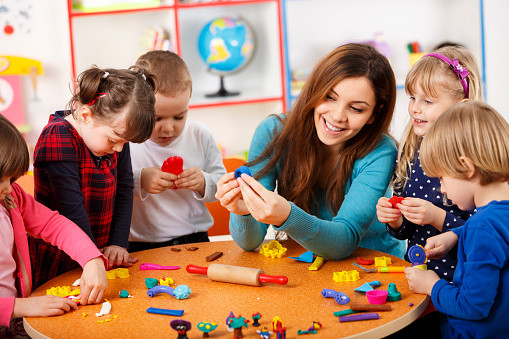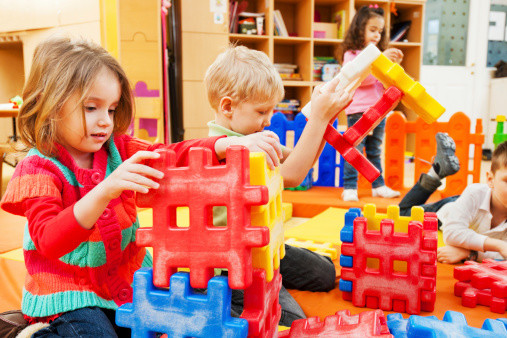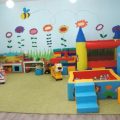The reasons for the complex adaptation to the kindergarten
Often tears, hysterics of the child, refusal to eat inkindergarten, the reluctance to make contact with peers and teachers drive parents to despair. Before giving advice on how to accustom a child to go to kindergarten, you need to understand the reasons for poor adaptation. Despite the fact that all children are different, these reasons are in many ways similar. Prepare and learn in advance how to acclimate your child to kindergartenPhoto: Getty
Prepare and learn in advance how to acclimate your child to kindergartenPhoto: Getty
- Change the situation that causes stress.
- A change in routine, and often children do not follow a strict routine at home - they go to bed late in the evening, and in the morning, not having had enough sleep, they go to kindergarten in a bad mood.
- Strong psychological connection with the mother. Therefore, after remaining alone, the little one experiences shock and confusion.
- The need to get used to discipline causes a spoiled child to have a sharply negative reaction.
- Worse are the adaptation of kids who do not know how to communicate with peers, those who lack experience of interaction with children.
Loving parents strive to create for their babythe best conditions, but when it's time to go to kindergarten, the child simply does not understand why adults need to deprive him of his usual comfort. Sometimes he protests against this by all available means.
How to properly teach a child to kindergarten
To avoid difficulties during the adaptation period and to spare the child unnecessary emotional shocks, he should be prepared for visiting a child care facility in advance, at least 5-6 months in advance. Find out in advance how to get your child used to going to kindergarten so you can do it graduallyPhoto: Getty
Find out in advance how to get your child used to going to kindergarten so you can do it graduallyPhoto: Getty
- Set the appropriate mode of the day and be sure to observe it, even if your mother does not want to get up so early in the morning.
- It is necessary to form a child's skillsindependence. By the time of admission to the kindergarten, he must eat, dress, go for a pot. Of course, educators will always help children, but independent children feel more comfortable in the kindergarten. And they are praised more often, which is important for a positive attitude.
- Try to make your child's menu less different from the kindergarten menu - children often refuse unfamiliar food.
- Create a positive, attractive image of the kindergarten for the kid. More often tell about how it is good, how interesting it is to play with children, what kind of merry holidays there are, etc.
- Take care of the socialization of your child. Find the opportunity, at least occasionally, to leave it with other relatives or friends, so that he becomes accustomed to other adults;
- organize the baby to communicate with other children and, preferably, without unnecessary care.
Follow these guidelines and when the time comesgo to kindergarten, your little one will not be afraid of the new environment and peers. You should be the first to be confident that your child will feel good in kindergarten and will definitely like it there. Children are wonderful empaths, they feel your emotional state and adopt it.









